
Problem Solved!
The Secrets of Decision Making and Problem Solving
Recommendation
For the past 30 years, Reese’s Pieces have been hugely popular, thanks in part to their starring role in the classic movie E.T. Originally, director Steven Spielberg’s production firm, Amblin Entertainment, approached the Mars company and asked if it could feature Mars’s M&M’s candy in the film. Mars said no. Amblin turned to the Hershey Company, and its Reese’s Pieces gained priceless exposure. Unfortunate business decisions such as Mars’s decision to opt out of a Spielberg movie are more the rule than the exception. Experienced executive David Goldsmith hopes to change that. He writes with zest and experience, despite some proofreading errors. To help businesspeople make better decisions, Goldsmith introduces and synthesizes tactics from other experts and adds an accessibly light analysis. getAbstract suggests his basic overview as a concise jumping-off point for decision makers.
Summary
About the Author
David Goldsmith is the founder of The Goldsmith Group. His business articles appeared in leading business journals and magazines in Australia, Canada, Europe and the United States.








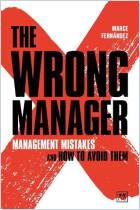
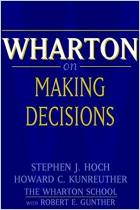
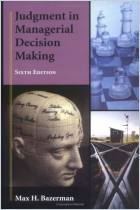
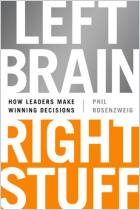
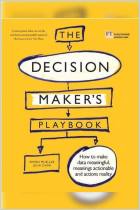
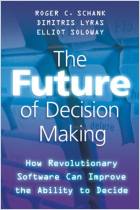






Comment on this summary